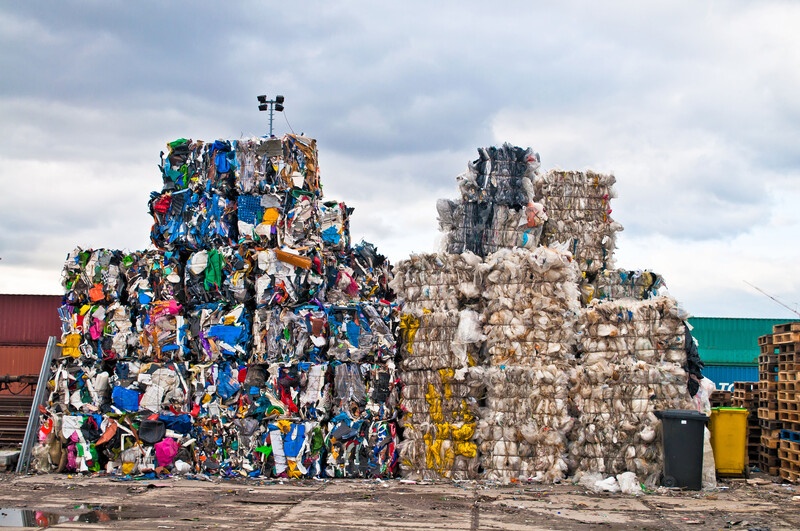Environment, Safety, Health
Upcycling Used Plastics. New Products from Discarded Plastic & Organic Waste
Upcycling Used Plastics to Create Nanotubes and Clean Fuel
Upcycling used plastics is a revolutionary technology developed to reduce plastic and agricultural organic waste. Through a two-step process these waste streams are blended to produce high-value products including carbon nanotubes and clean liquid fuel.
Organic waste can be any plant-based biomass product from agricultural operations, food waste, or domestic garden clippings.
Researchers at RMIT University in Melbourne, Australia developed a method that “converts organic waste into a carbon-rich high-value form of charcoal, then use the charcoal as a catalyst in upcycling used plastic.”. The reaction transforms plastics into nanomaterials and a high-quality fuel.
New Business Opportunities and Environmental Benefits
This innovative technology supports new business manufacturing and recycling opportunities for municipalities and private industry. The result is reduced plastic entry into landfills and the environment. Globally, only 20% of waste plastic is recycled.
“The new plastic upcycling approach offers a sustainable alternative to produce carbon nanotubes (CNTs). These hollow, cylindrical structures have exceptional electronic and mechanical properties, with applications across a broad range of sectors including hydrogen storage, composite materials, electronics, fuel cells and biomedical technologies.”
Demand for nanotubes is growing, especially in the defense and aerospace industries. Used in manufacturing lightweight parts, carbon nanotube technology is project to be a $5.8 billion dollar industry by 2027.
Process for Upcycling Used Plastics
Upcycling used plastics begins with converting organic waste into biochar, a carbon rich form of charcoal frequently used in improving soil health. As an additive, Biochar neutralizes toxic contaminants created during the conversion of plastic into constituent gas and oil compounds. The result a high-quality liquid fuel and the creation of carbon nanotubes.
The study focused on polypropylene because of its wide use in packaging, but the upcycling used plastic technology is suitable for any polymer. Technology advancements continue with promising results in store for managing plastic waste into a range of beneficial products.
EcoCentricNow LLC (ECN) Commitment to Recycling
ECN and our vendors participate in recycling programs particularly with product packaging. Examples include Shake Light 40B retail packaging and Fuji battery packaging. Shipping cartons are also recycled, eliminating landfill disposal.
References:
https://www.sciencedaily.com/releases/2021/09/210929094218.htm
About the Author
Breanna Nelson is a digital communications major at Delaware Tech Community College (DTCC). She is passionate about writing and photography. Favorite writing topics include the environment, education, outdoor recreation, and technologies associated therewith. She also embraces digital platforms including blogging and social media. Complimenting her writing skills is a passion for photography; especially, capturing beautiful landscapes and meaningful moments with family, friends, and furry companions.

